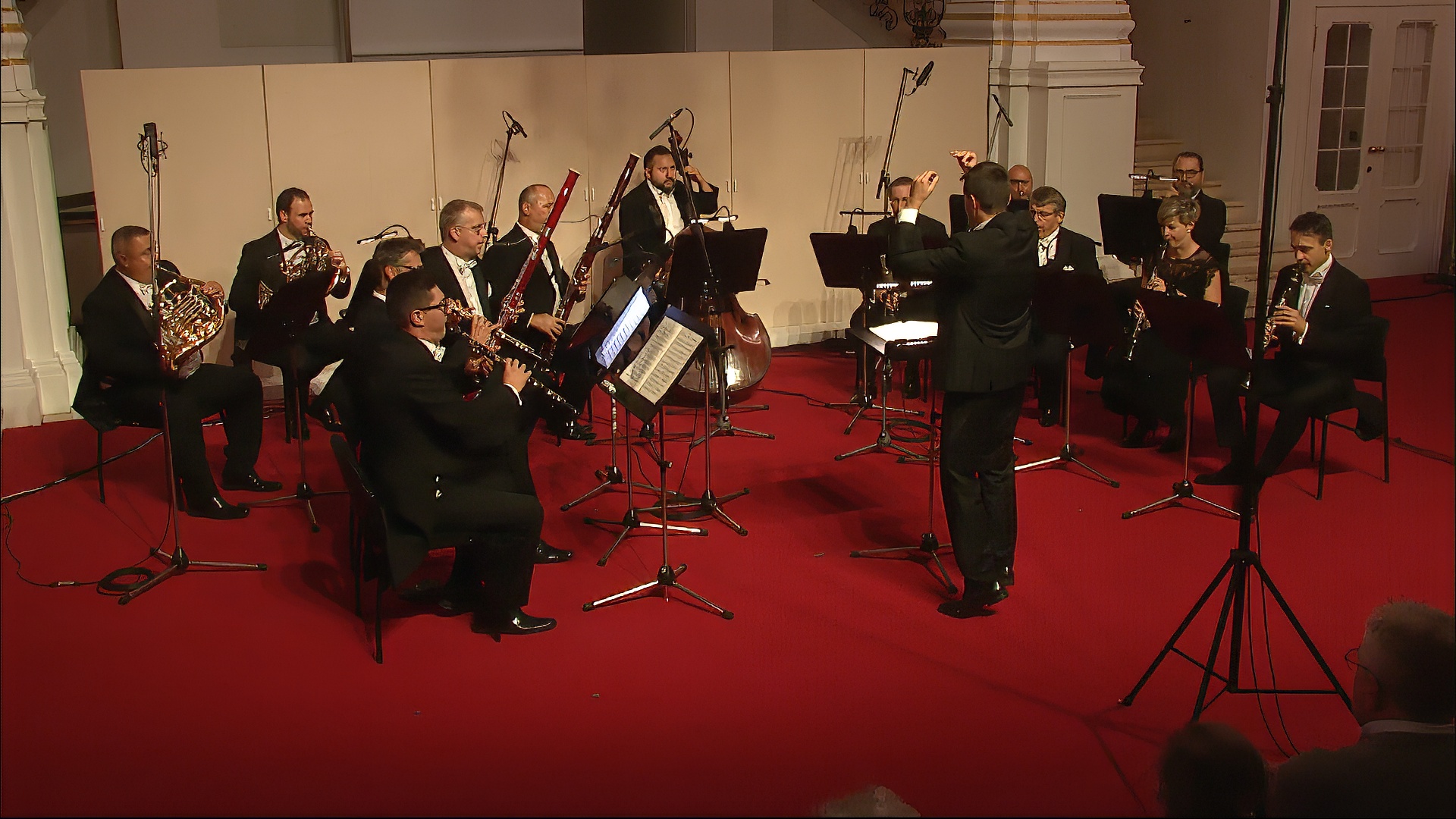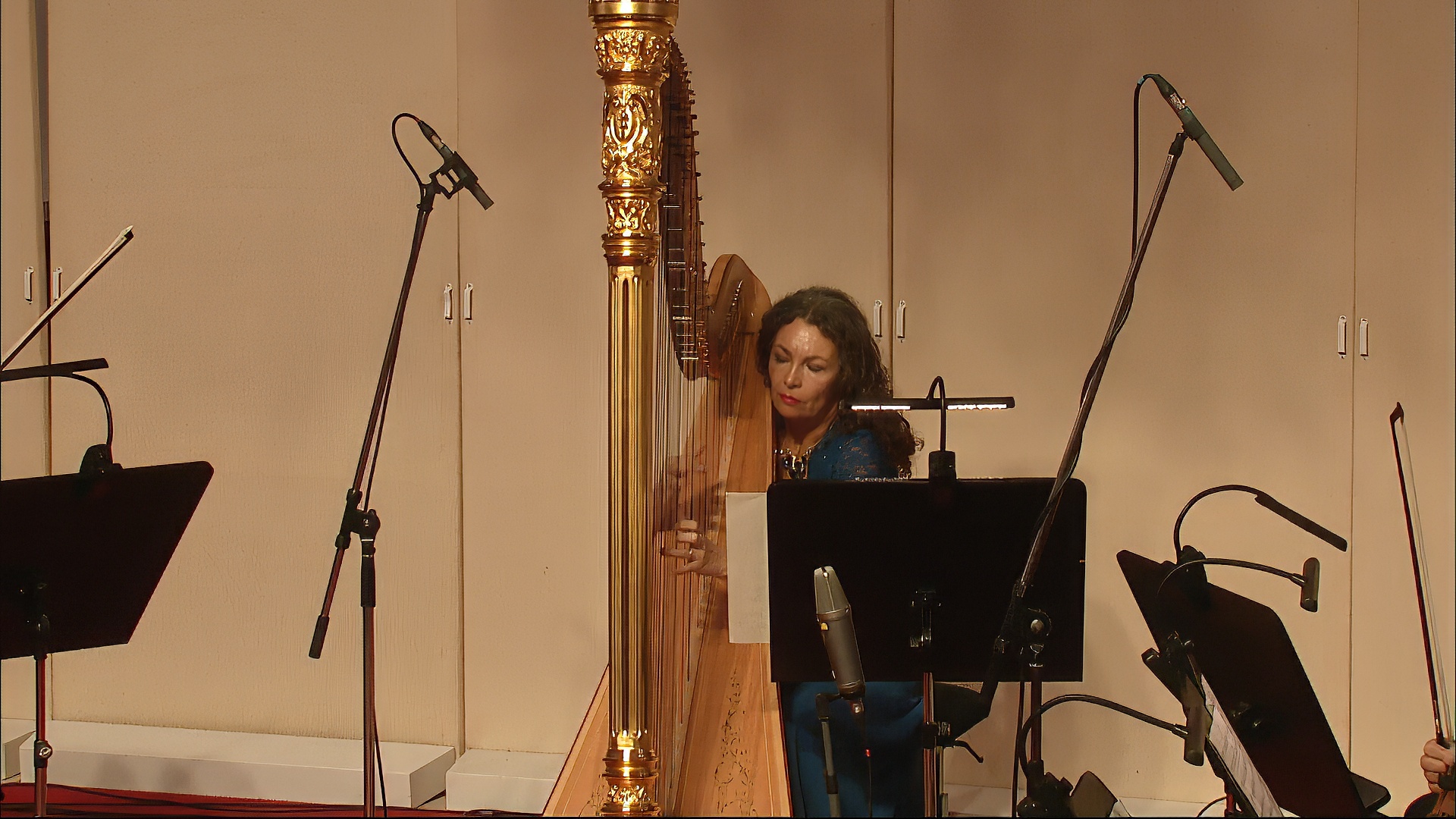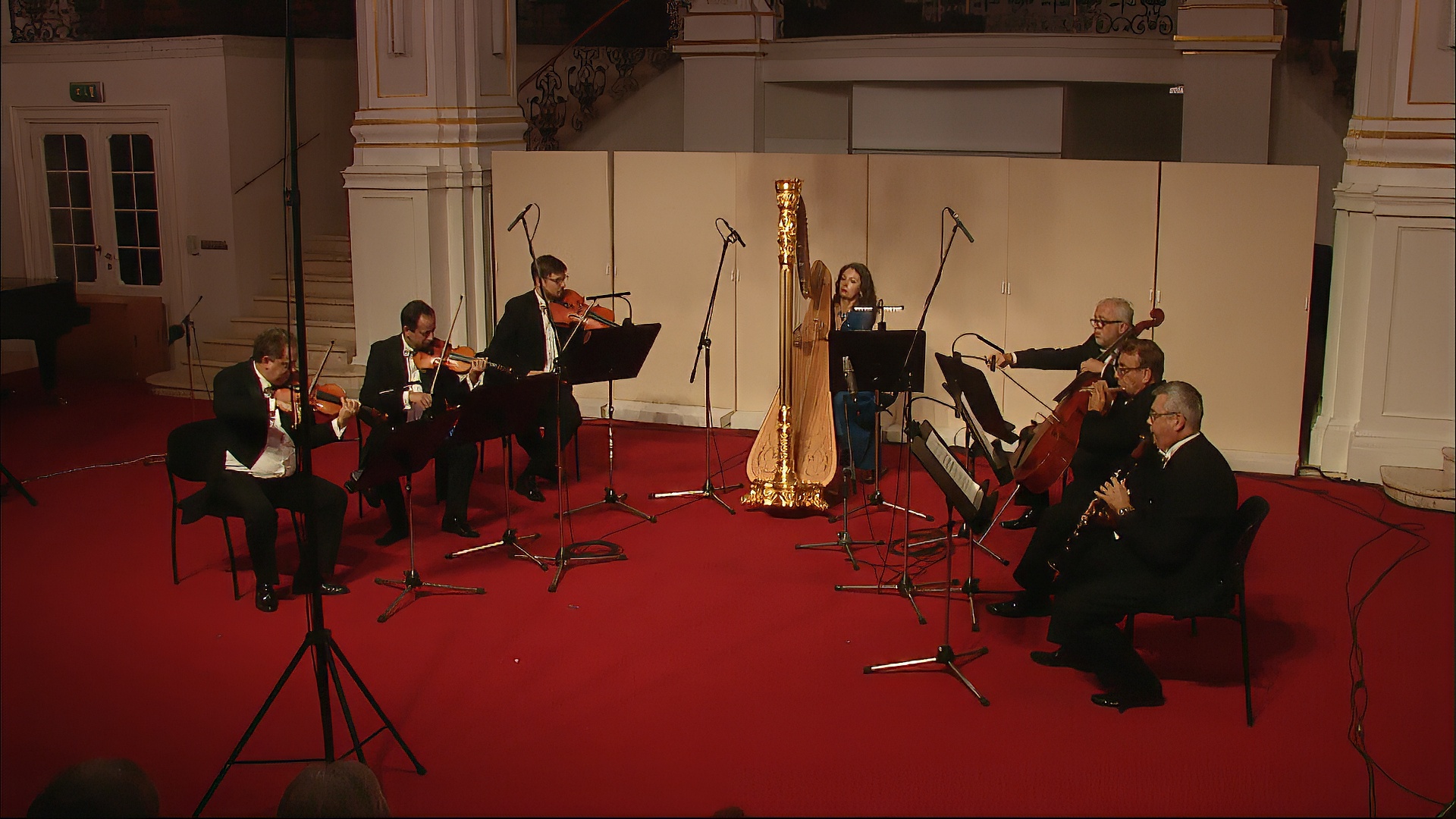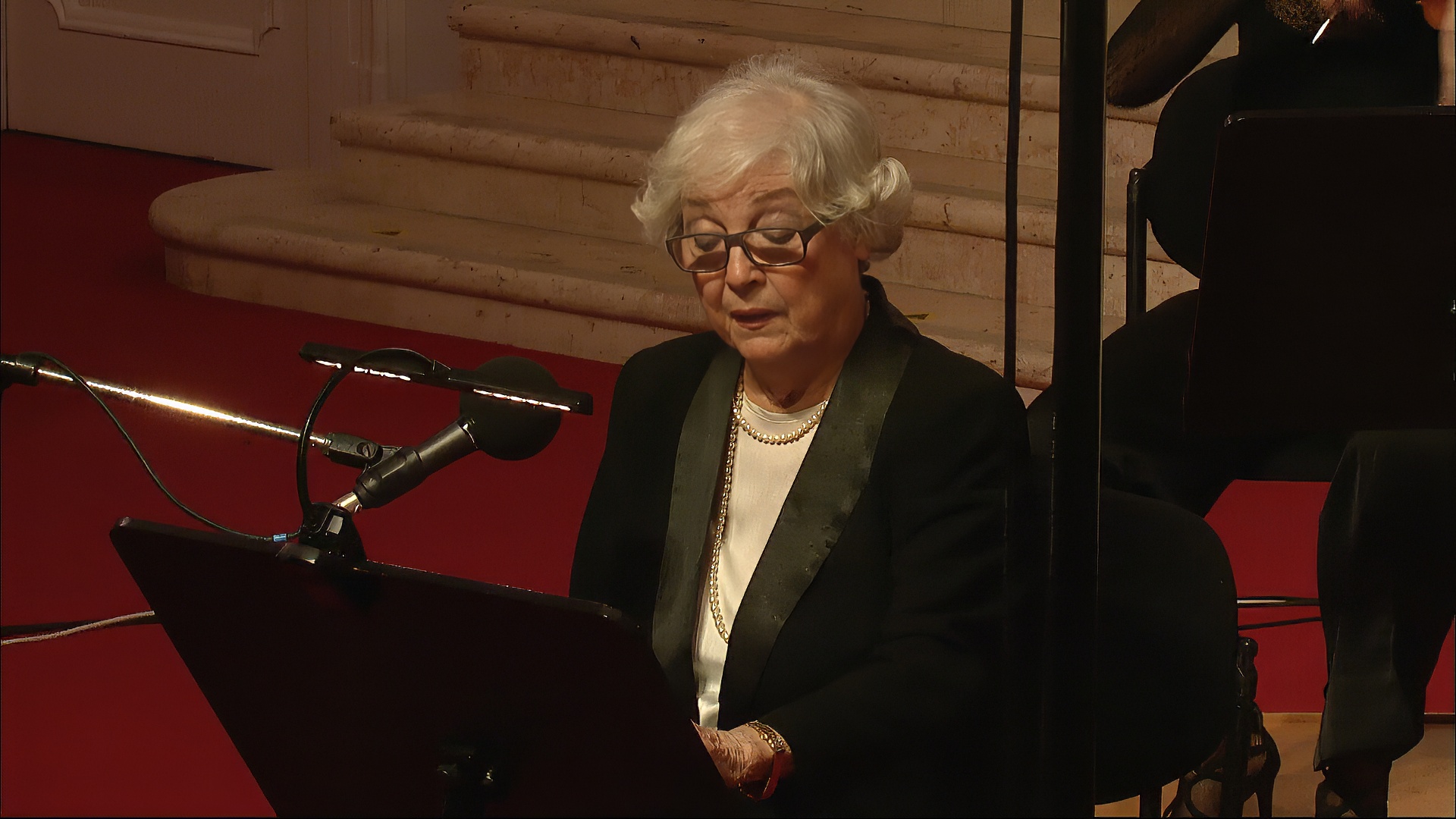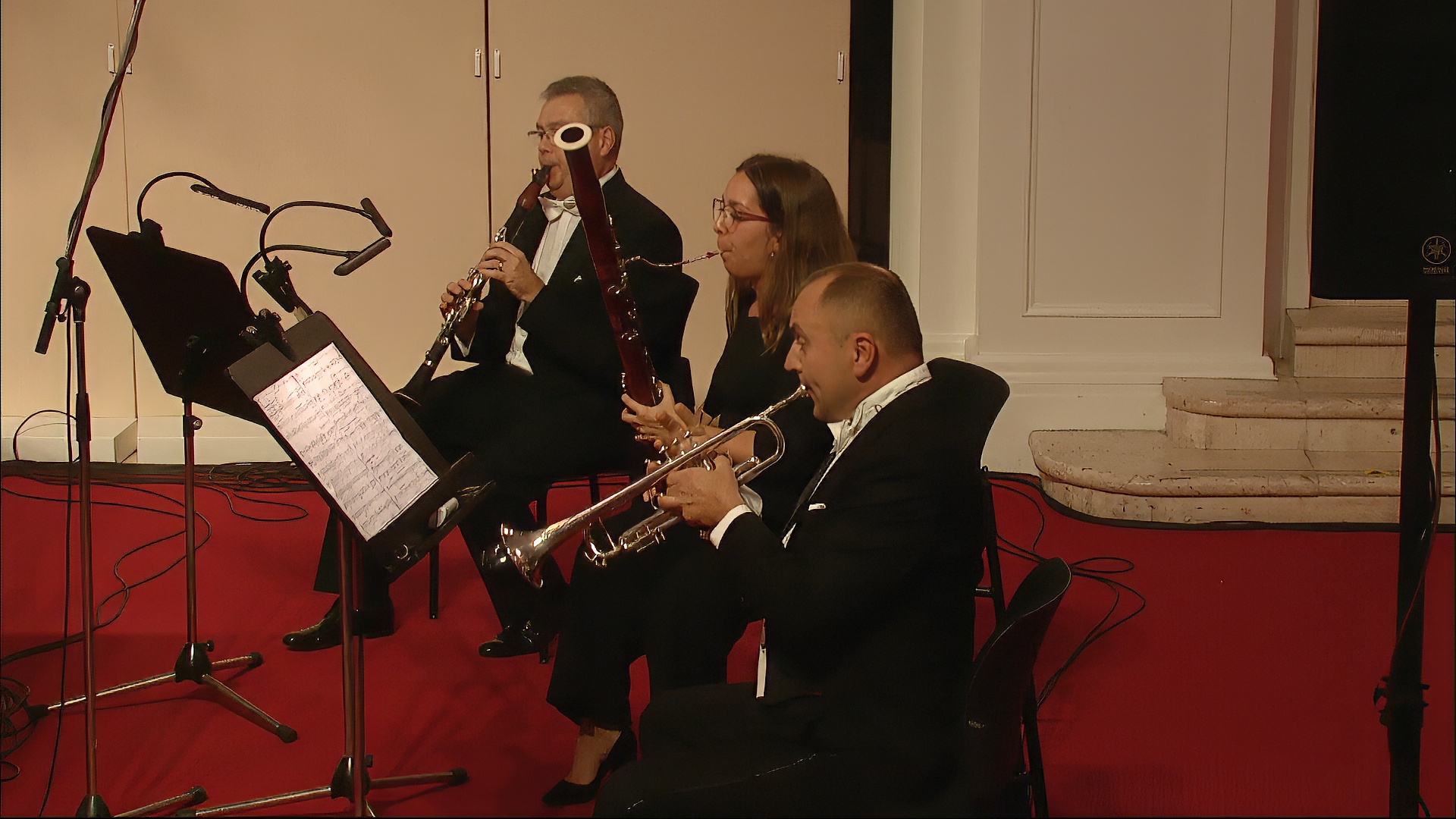Online archív Slovenskej filharmónie bol navrhnutý a naprogramovaný tímom Streamboyz. Videá sú umiestnené na serveroch občianskeho združenia Multiplace. Použitie, šírenie fotografií a audiovizuálneho obsahu tejto stránky len so súhlasom Slovenskej filharmónie. Tento web používa súbory cookies. Prehliadaním webu vyjadrujete súhlas s ich používaním. Viac informácií. Slovenská filharmónia je štátna príspevková organizácia Ministerstva kultúry Slovenskej republiky.

The Online archive of Slovak Philharmonic was designed and programmed by Streamboyz Team. Concerts are located on the Multiplace servers. Use and distribution of photographs and audiovisual content of this site only with the consent of the Slovak Philharmonic. This site uses cookies. By continuing to browse the site, you are agreeing to our use of cookies. Find out more. The Slovak Philharmonic is a state-subsidised organisation of the Ministry of Culture of the Slovak Republic.

OdkazyLinks
Team Streamboyz+ Contact
Slovak Philharmonic
Bratislava Music Festival
Johann Nepomuk Hummel International Piano Competition
Ministry of Culture of Slovak Republic Kontakt na tím Streamboyz+
Slovenská filharmónia
Bratislavské hudobné slávnosti
Klavírna súťaž Johanna Nepomuka Hummela
Ministerstvo kultúry Slovenskej republiky
1 H 28 MIN 1 H 28 MIN
V rámci spolupráce Slovenskej filharmónie a Hudobnej a tanečnej fakulty VŠMU Bratislava strihala video študentka 1. ročníka Katedry skladby a dirigovania Olesia Stepura.
As part of the cooperation between the Slovak Philharmonic and the Faculty of Music and Dance of the Academy of Performing Arts in Bratislava, the video was edited by Olesia Stepura, a 1st year student of the Department of Composition and Conducting.
Camerata Philharmonica Slovaca
Nedeľa 29. 9. 2024, 19.30 hSunday, September 29, 2024, 7.30 PMCyklus BHS – Bratislavské hudobné slávnosti
Stĺpová sieň Slovenskej filharmónieBHS serie – Bratislava Music Festival
Column Hall of Slovak Philharmonic
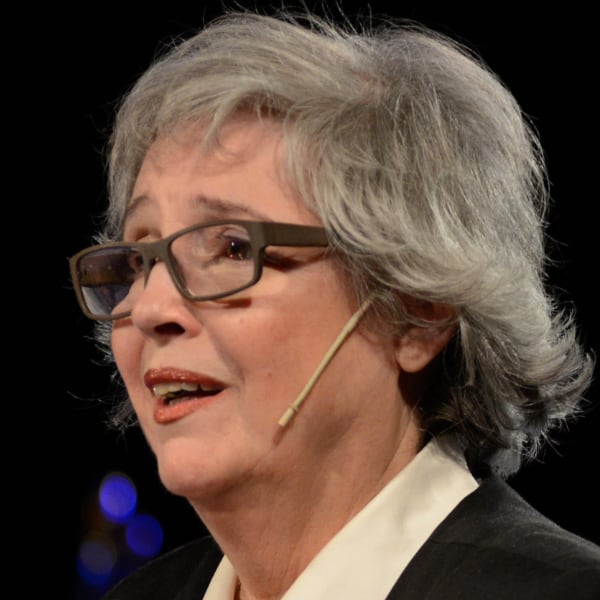
![Olos, Ondrej [] portrait](../movies/banners/portraits/olos_ondrej.jpg)

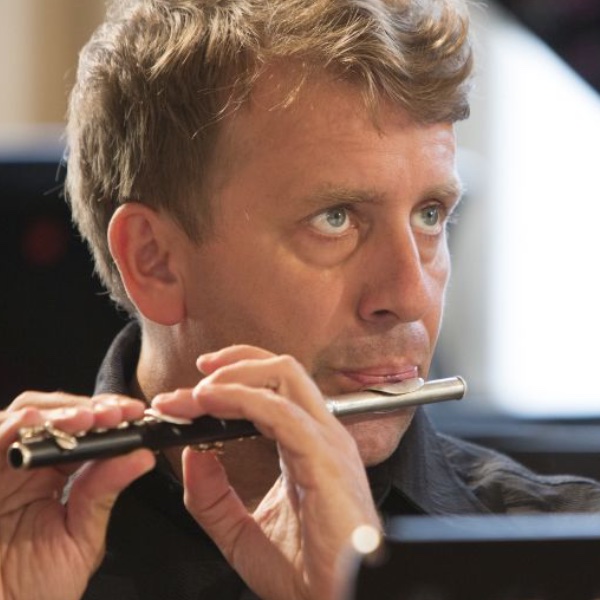
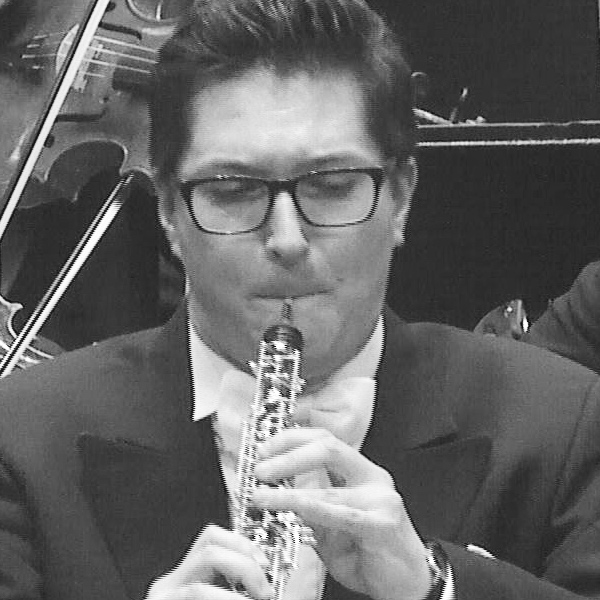

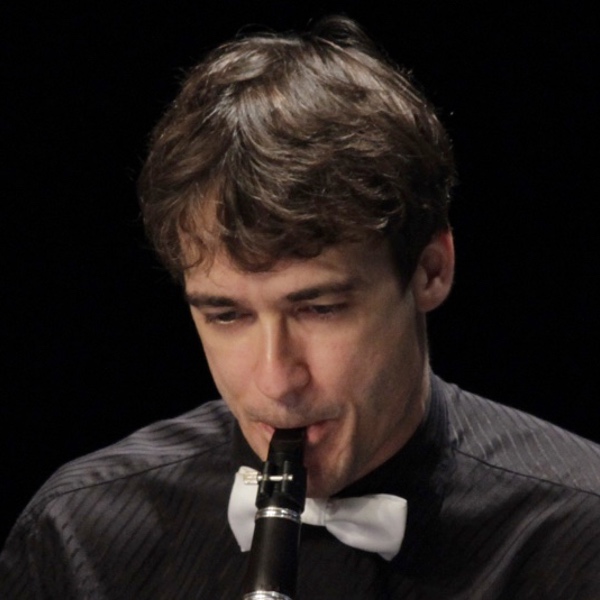
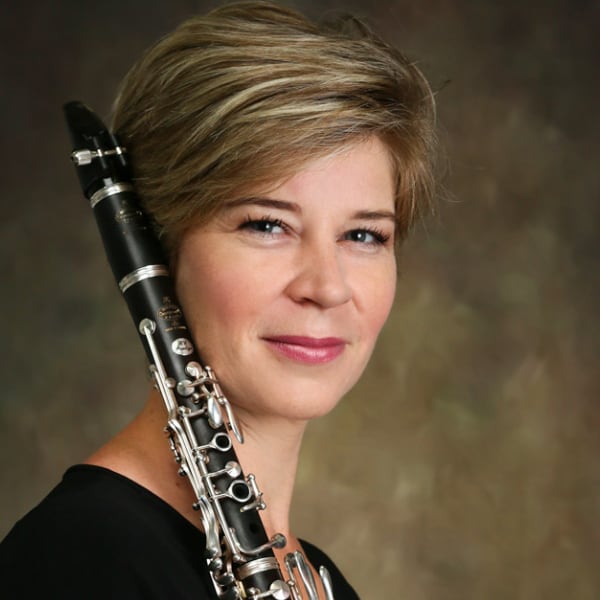
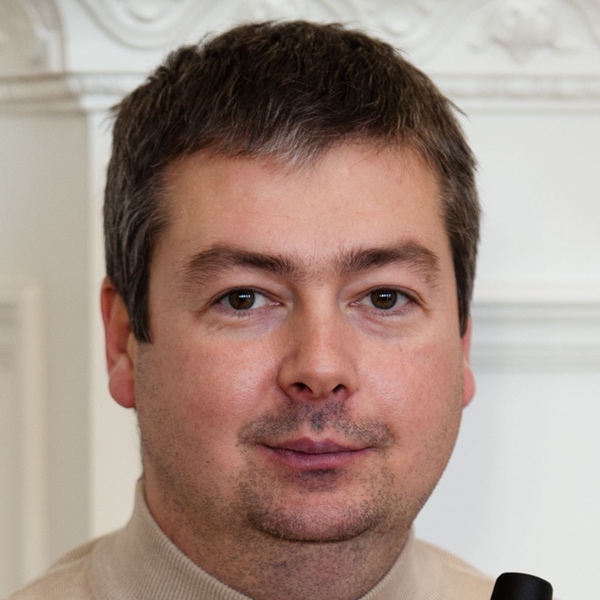
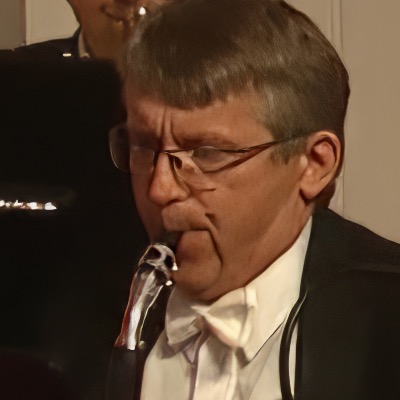

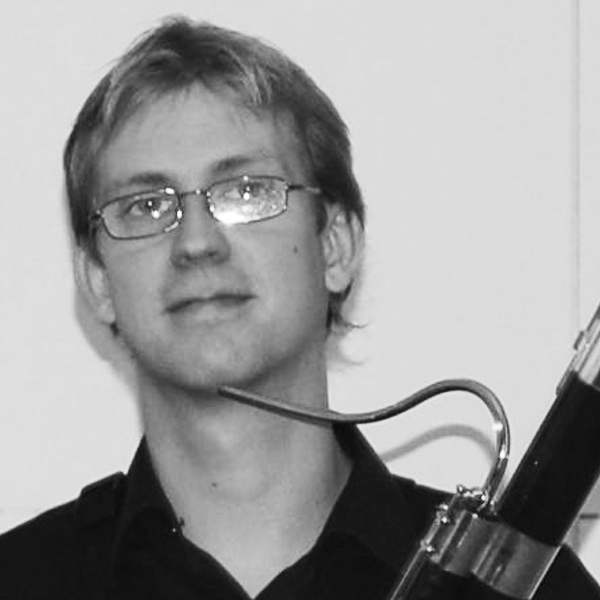
![Miklovič, Ladislav [] portrait](../movies/banners/portraits/miklovic_ladislav.jpg)
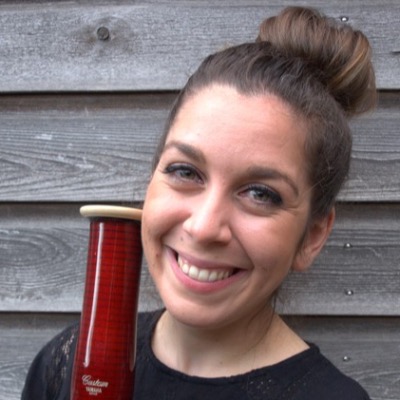


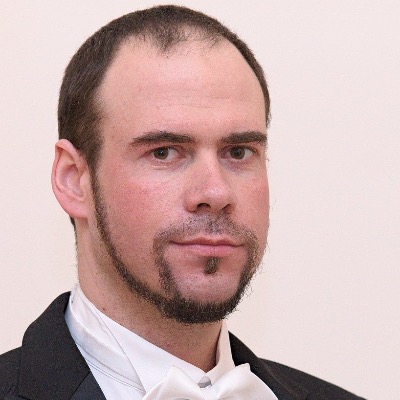
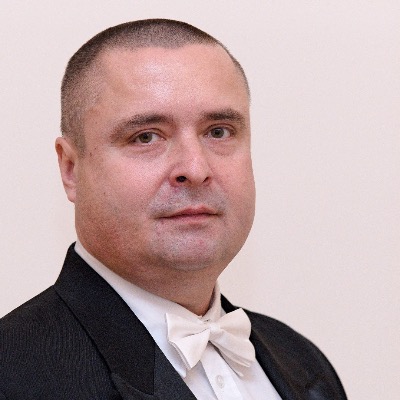

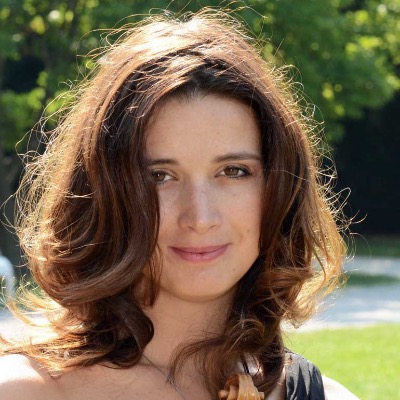
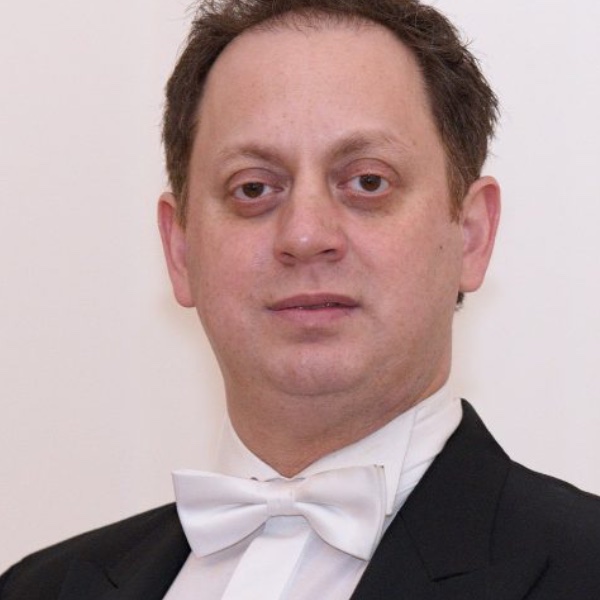
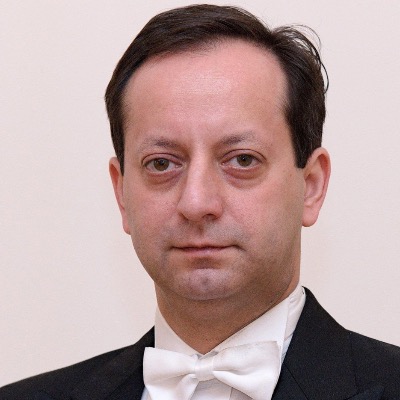
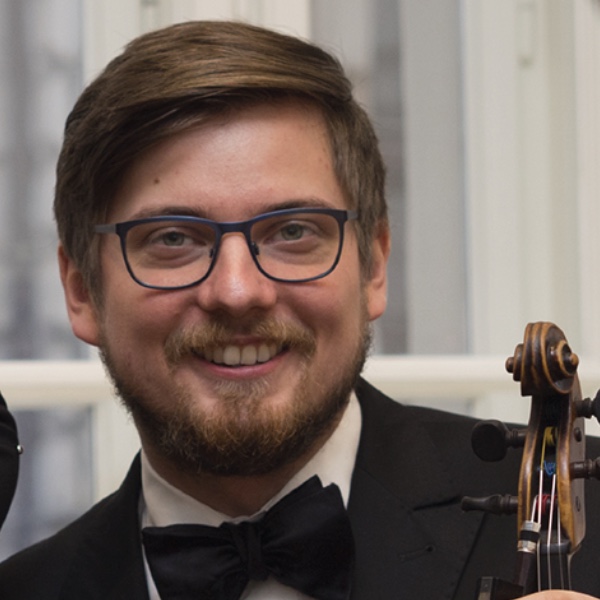
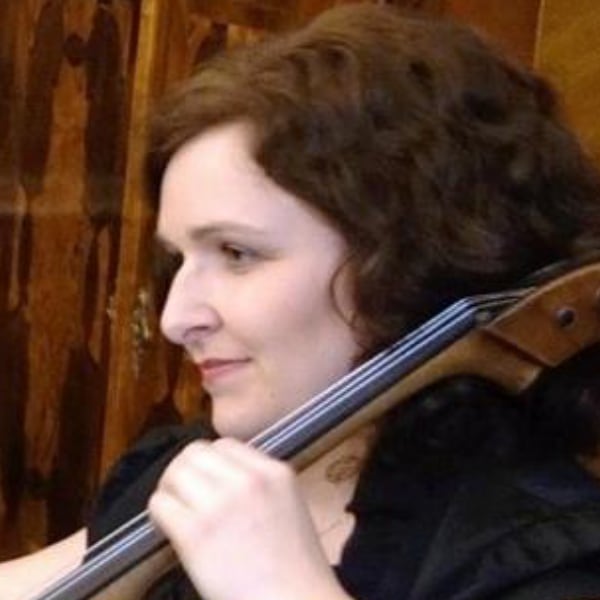
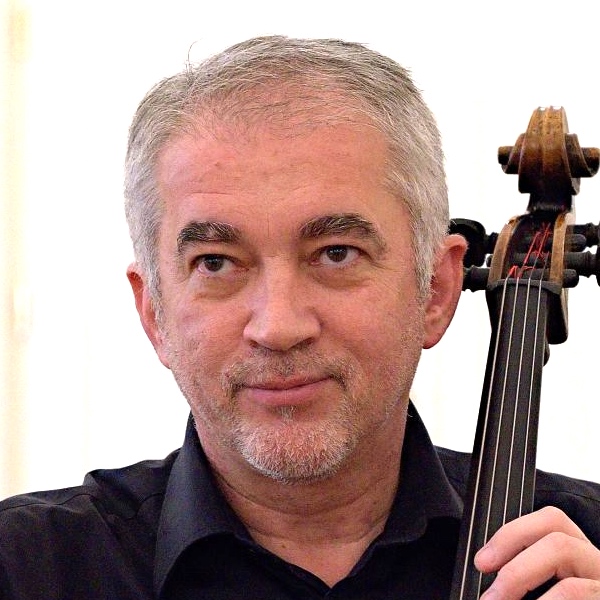
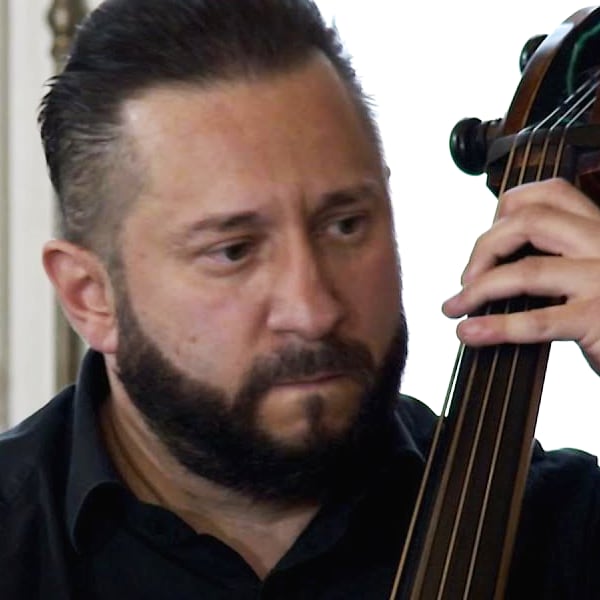
Božidara Turzonovová narrator, Ondrej Olos klavír, dirigent
Camerata Philharmonica Slovaca (Katarína Turnerová harp, Cyril Šikula flute, Róbert Holota oboe, Matúš Veľas oboe, Jozef Eliáš clarinet, Zuzana Hudecová clarinet, Jozef Luptáčik clarinet, Jan Brabec basset horn, Petr Sinkule basset horn, Peter Kajan bassoon, Ladislav Miklovič bassoon, María Yáñez Ocaña bassoon, Viliam Vojčík French horn, Peter Kižňanský French horn, Miklós Pál Horváth French horn, Branislav Hóz French horn, Rastislav Suchan trompete, Jana Gubková Černá violin, Jozef Horváth violin, Július Horváth violin, Martin Ruman viola, Kristína Luptáčiková cello, Ján Slávik cello, Robert Vizváry doublebass)
Wolfgang Amadeus Mozart often responded to the musicians of the moment and presented them with charming jewels. His serenades are a kind of "funnier" symphonies, a combination of the new – sonata – and the older – suite – tradition. The circumstances of the composition of his Serenade in B flat major are obscure. The date of the work's first performance is also a mystery. What is clearer, however, is that Mozart is dispensing the joy of music in this time-spanning seven-movement opus. The combination of twelve wind instruments with double bass is a rarity in itself. In 1905, Maurice Ravel was approached by the management of the well-known Parisian harp firm Maison Érard. The subject of the commission was a chamber work in which the firm could present a new type of chromatic harp. Ravel subsequently composed a work in an unusual scoring for harp, flute, clarinet and string quartet. This instrumental grouping allowed him to fully realise his extraordinarily rich sonic imagination and his mastery of instrumentation. In 1927, Bohuslav Martinů composed a charming, jazz-themed ballet for clarinet, bassoon, trumpet, violin, cello and piano about the activities of a kitchen utensil. Pots, cutlery and various other utensils come to life and dance period dances. After relocating to Paris, he scored a huge success with the suite from this charming work.
Camerata Philharmonica Slovaca was founded in 2024 on the initiative of Marián Turner, General Director of the Slovak Philharmonic Orchestra. It is a chamber ensemble with a variable cast, composed of leading instrumental players of the Slovak Philharmonic. The main focus and mission of the chamber association is the promotion and development of joint music-making, associated with the performance of demanding titles of Slovak and world chamber music on our and foreign concert stages.
